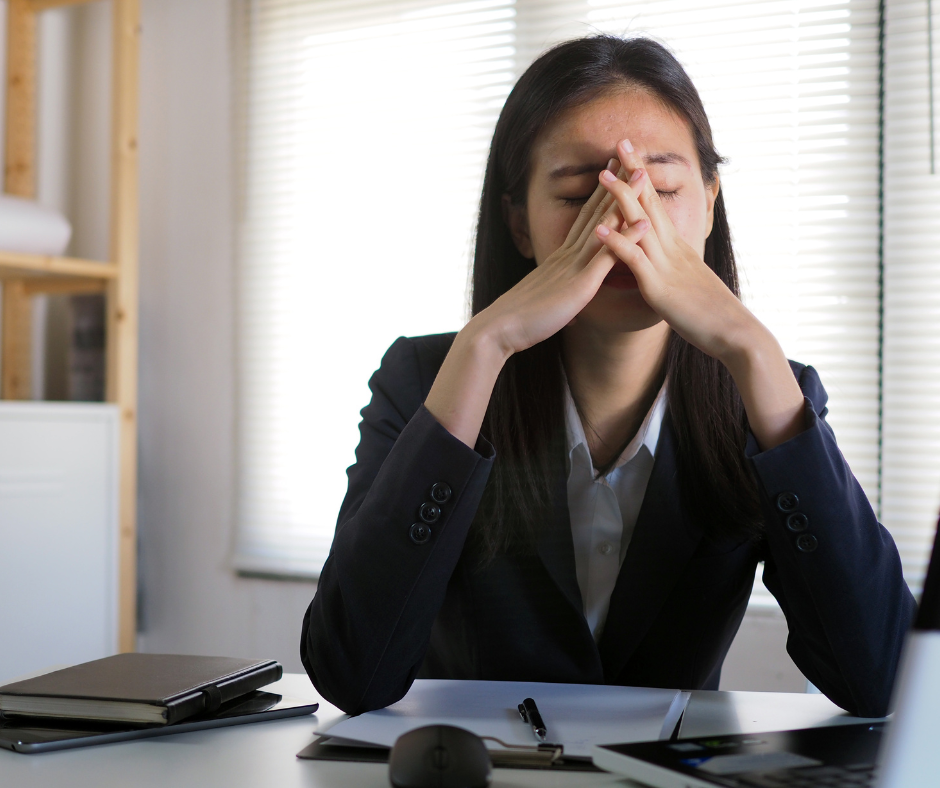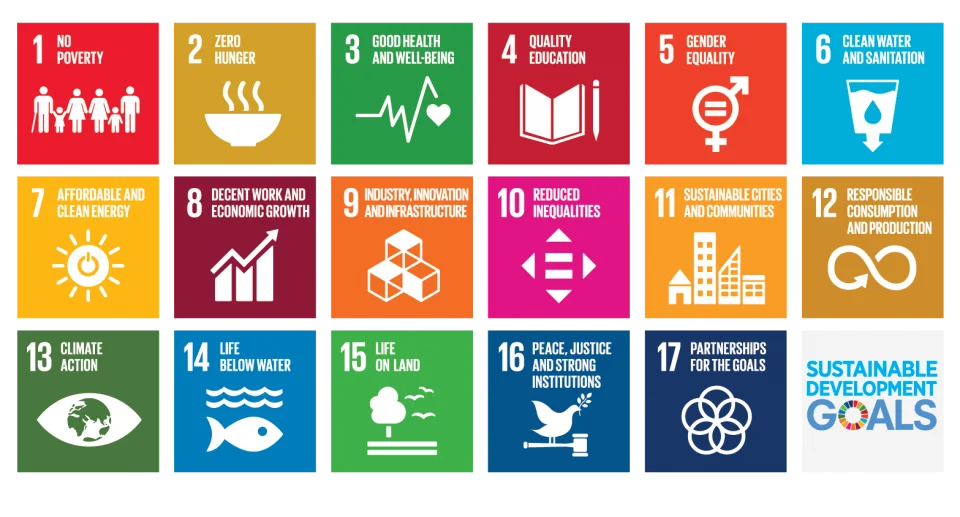Stress is often referred to as the silent killer. But when it comes to women, this silence is even deeper—subtle, internalized, and often misunderstood. Women across the globe, regardless of age, background, or social status, are battling daily emotional and psychological wars that few see and even fewer understand. It’s time we paid attention. It’s time we acted.
The Biological Response: Not Just “Fight or Flight”
While the “fight or flight” response has long been considered the universal human reaction to stress, new research reveals a more nuanced pattern in women: the “tend and befriend” response. Women are more likely to protect their young and seek social alliances during stressful situations. This is deeply rooted in biological evolution, where connection and caregiving ensured survival.
When cortisol and adrenaline flood the system, men may charge forward. Women, however, often turn inward or seek community, showing care for others before even acknowledging their own pain. But make no mistake: the toll on their physical and mental health is just as devastating, if not more.
Emotional Responses: The Weight of Invisible Expectations
Women are expected to be strong, nurturing, supportive, and patient—all while managing careers, households, relationships, and social roles. These expectations create an emotional pressure cooker.
Stress in women often shows up as:
-
Anxiety masked as over-productivity
-
Depression hidden behind a smile
-
Exhaustion mistaken for laziness
-
Irritability misinterpreted as emotional instability
This misjudgment pushes women to suppress their needs, leading to long-term psychological damage that is rarely addressed.
Hormonal Chaos: How Stress Disrupts the Female Body
Stress doesn’t just hurt mentally—it wreaks havoc on the female body:
-
Menstrual cycles become irregular
-
Fertility is affected
-
Weight gain, hair loss, and skin problems emerge
-
Sleep disorders and chronic fatigue set in
These are not minor side effects. They are red flags our society is failing to acknowledge.
Social Silence: The World Tells Her to Cope, Not to Heal
From a young age, girls are taught to suppress discomfort, smile through pain, and “manage” their emotions. This programming persists through adulthood. Women learn to survive stress, not to resolve it.
The reality is this: coping is not healing. And until we prioritize the emotional health of women—at home, in workplaces, in policy—we will continue to watch generations suffer silently.
We Must Change the Narrative—Now
This is a call to families, communities, organizations, and governments:
-
Listen to the women around you
-
Stop normalizing their exhaustion
-
Create safe spaces where stress is acknowledged and addressed
-
Invest in mental health care, specifically designed for women
Because stress is not just a personal issue—it’s a public health crisis.
Action Steps: What You Can Do Today
-
Ask, don’t assume – Check in with the women in your life genuinely.
-
Advocate for mental health leave and access to therapy.
-
Support education around hormonal health and stress management.
-
Encourage open dialogue in homes and schools.
-
Stop dismissing “mood swings” or “tiredness” as drama—these are symptoms.
Final Words
Every woman has a story of stress, yet too many are told in silence. This must change. The female response to stress is not weakness—it is strength under siege. But even the strongest cannot stand forever without support.
It’s time we listen. It’s time we act. Not tomorrow. Today.







